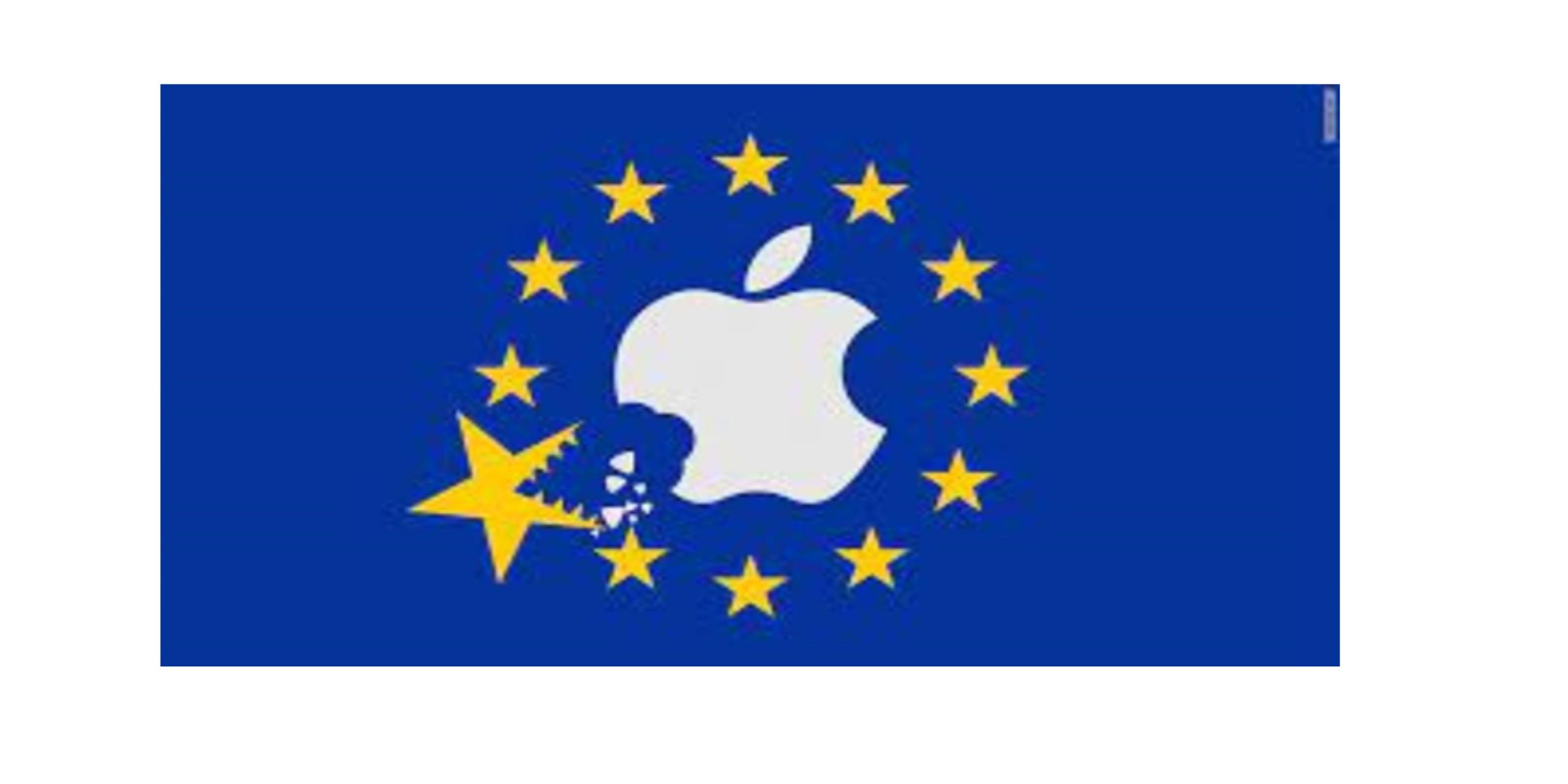The European Commission has sent a Statement of Objections to Apple clarifying its concerns over App Store rules for music streaming providers.
This procedural step follows the Commission’s Statement of Objections which outlined the Commission’s preliminary view that Apple abused its dominant position by: (i) imposing its own in-app purchase payment technology on music streaming app developers (‘IAP obligation’), and (ii) restricting app developers’ ability to inform iPhone and iPad users of alternative music subscription services (‘anti-steering obligations’).
This Statement of Objections clarifies that the Commission does no longer take a position as to the legality of the IAP obligation for the purposes of this antitrust investigation but rather focuses on the contractual restrictions that Apple imposed on app developers which prevent them from informing iPhone and iPad users of alternative music subscription options at lower prices outside of the app and to effectively choose those.
The Commission takes the preliminary view that Apple’s anti-steering obligations are unfair trading conditions in breach of Article 102 of the Treaty on the Functioning of the European Union (‘TFEU’).
In particular, the Commission is concerned that the anti-steering obligations imposed by Apple on music streaming app developers prevent those developers from informing consumers about where and how to subscribe to streaming services at lower prices. These anti-steering obligations: (i) are neither necessary nor proportionate for the provision of the App Store on iPhones and iPads; (ii) are detrimental to users of music streaming services on Apple’s mobile devices who may end up paying more; and (iii) negatively affect the interests of music streaming app developers by limiting effective consumer choice.
Procedural background
Article 102 of the TFEU prohibits the abuse of a dominant position. The implementation of these provisions is defined in the Antitrust Regulation (Council Regulation No 1/2003), which can also be applied by the national competition authorities.
In June 2020, the Commission opened formal proceedings into Apple’s rules for app developers on the distribution of apps via the App Store. In April 2021, the Commission sent Apple a Statement of Objections to which Apple responded in September 2021.
Today’s Statement of Objections, by clarifying the Commission’s objections, replaces the 2021 Statement of Objections.
In a Statement of Objections the Commission informs the parties concerned in writing of the objections raised against them. The addressees can examine the documents in the Commission’s investigation file, reply in writing and request an oral hearing to present their comments on the case before representatives of the Commission and national competition authorities. Sending a further Statement of Objections does not prejudge the outcome of the investigations.
If the Commission concludes, after the company has exercised its rights of defence, that there is sufficient evidence of an infringement, it can adopt a decision prohibiting the conduct and imposing a fine of up to 10% of the company’s annual worldwide turnover.
There is no legal deadline for bringing an antitrust investigation to an end. The duration of an antitrust investigation depends on a number of factors, including the complexity of the case, the extent to which the undertakings concerned cooperate with the Commission and the exercise of the rights of defence.
For More Information
More information on the investigation is available on the Commission’s competition website, in the public case register under the case number AT.40437. A periodic compilation of antitrust and cartel news is available in the Competition Weekly e-News.
Source: European Commission | Press corner (https://bit.ly/3kJSXz1)
